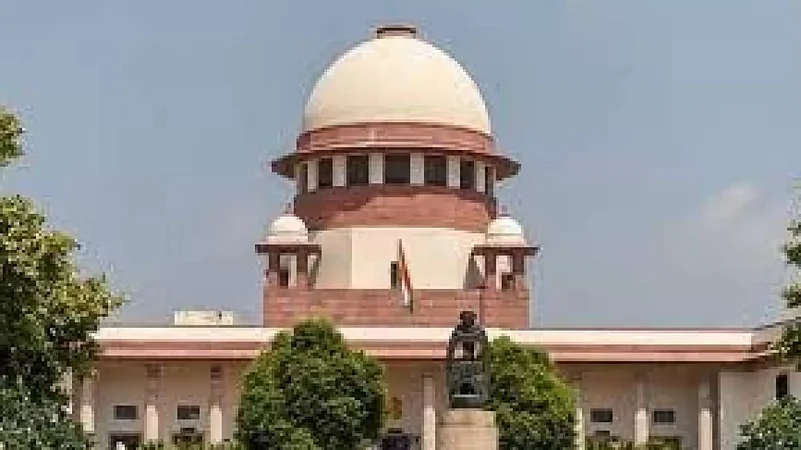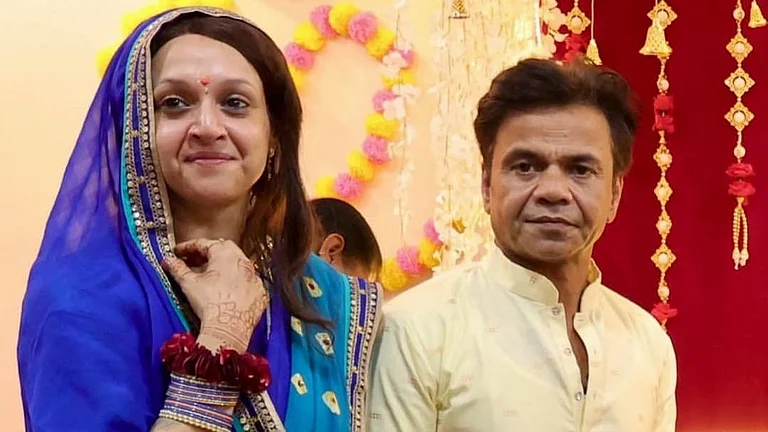Noting that biased reporting gives rise to public suspicion, the Supreme Court on Wednesday directed the Ministry of Home Affairs to prepare a comprehensive manual on media briefings by police personnel about criminal cases.
A bench headed by Chief Justice D Y Chandrachud said media reports can also violate the privacy of a victim. The top court directed DGPs of all states to submit suggestions in a month to MHA on preparing manual for media briefings by police in criminal cases.
"All DGPs, in a month, should communicate to Ministry of Home Affairs, their suggestions for guidelines...NHRC's suggestions may also be taken," the bench said. The top court was hearing a plea regarding modalities followed by police in conducting media briefings where probe is in progress.
According to a report by LiveLaw, CJI noted that the matter concerns several layers of public interest, including the public's right to know during an investigation, the potential impact of police disclosure on the investigation process, the rights of the accused, and the overall administration of justice.
Guidelines for media reporting
Noting that while the media cannot be restrained, sources can be restrained. "Because the source is the state. Even in the Aarushi case, so many versions were given to the media," the court noted.
The media coverage of Aarushi Talwar murder case in 2008 was heavily criticised for playing up fake narratives like honour killing, her father’s alleged extra-marital affair and that the parents were apparently not "crying enough". In August 2010, the Supreme Court cautioned the media against irresponsible reporting affecting the victim’s honour.
In context of the 2010 judgment, the top court today noted that an updated version of the guidelines is the need of the hour. "The guidelines by Union were prepared almost a decade ago on April 1, 2010. Since then, with the upsurge of reporting of crime not only in print media but also electronic media, it becomes important for there to be a balance," the court noted.
The court reiterated that police disclosure should not result in a "media trial". "It should be ensured that the disclosure doesn't result in media trial so as to allow pre-determination of the guilt of the accused", the Court stated.
The court provided a three-month deadline to the Ministry of Home Affairs to prepare a comprehensive manual with regards to the matter.


























